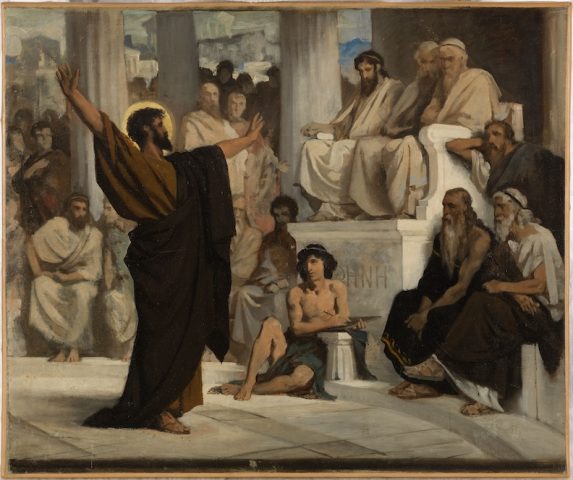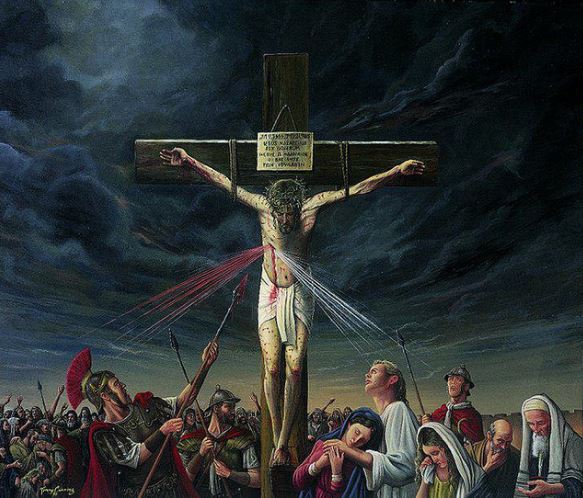Some Lessons from the Great Pagans, by Robert Royal

To Be Happy, Women Must Do The Opposite Of Everything Secular Western Culture Tells Them, by Joy Pullmann
May 6, 2024
On that Associated Press Piece and the Future of the Church in America, by Matthew Becklo
May 6, 2024
Saint Paul devant l’Aréopage (Saint Paul in front of the Areopagus) by Edouard Bernard Debat-Ponsan, 1875 [Musée des Beaux-arts de la Ville de Paris]
By Robert Royal, Editor-in-chief, The Catholic Thing, May 6, 2024
Robert Royal is editor-in-chief of The Catholic Thing and president of the Faith & Reason Institute in Washington, D.C. His most recent books are Columbus and the Crisis of the West and A Deeper Vision: The Catholic Intellectual Tradition in the Twentieth Century.




